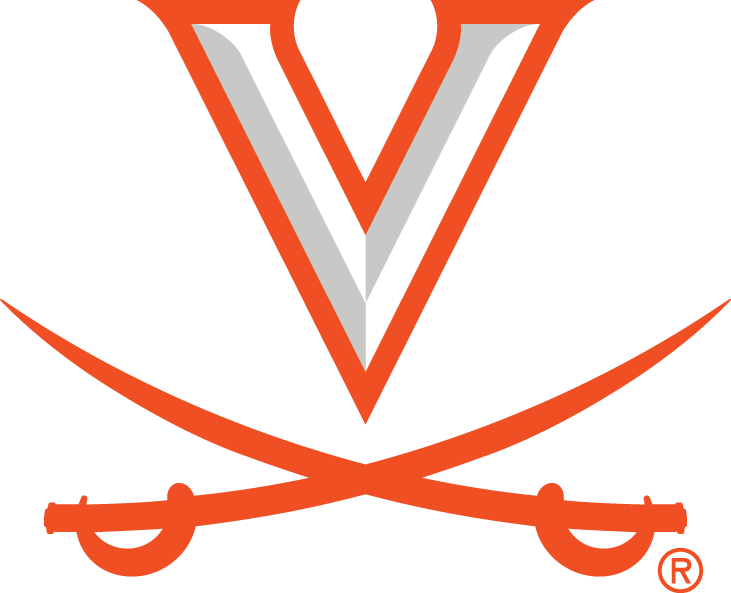By Jeff White (jwhite@virginia.edu)
VirginiaSports.com
CHARLOTTESVILLE, Va. — The University of Virginia football team will open training camp next week with a roster that includes 54 players who were not in the program last season. Thirty-two of them are transfers who arrived on Grounds this year.
If there were any lingering doubts that this is a new era for college athletics, those numbers should help dispel them.
Tony Elliott spent 16 seasons as a college assistant before taking over as Virginia’s head coach in December 2021, and there was no transfer portal and no NIL when he entered the profession. Back then, nearly all of the newcomers in a program were recent high school graduates.
“The way it is now, it’s completely different,” Elliott said Monday in his Hardie Center office. “It’s something that I have had to adapt to, just getting used to, because in this profession you become a creature of habit. We’ve had the same rule structure for so long. That’s just what you know, and this is different. But it’s been a positive offseason.”
Nineteen of the transfers enrolled at UVA in January and were able to take part in spring practice, which concluded April 12 with the Blue-White game at Scott Stadium. Elliott indicated after the spring game that the Cavaliers would look to shore up their depleted secondary when the transfer portal re-opened later that month. They did that and more, adding seven defensive backs, three offensive linemen, one tailback, one defensive lineman and one tight end.
Also new to the program are 22 freshmen, six of whom enrolled in January and participated in spring ball.
“I’m excited about all of the 54 guys we brought in,” Elliott said. “About 50 percent of our roster is veteran guys, and 50 percent is younger, developmental guys.”
This transfer class is by far the largest in program history. By comparison, between the end of the 2023 season and the start of training camp last summer, the Wahoos added 14 transfers.
“To be honest with you, I don’t know what the future is going to look like,” Elliott said. “I think we’re still in a little bit more of a reactionary state, where in the past you were a little bit more proactive because you knew what the attrition was going to be or you could predict or plan for the attrition. Now you don’t know what the attrition is going to be.”
For several reasons, the Hoos had an unusually large group of seniors and graduate students in 2024, and “that created more opportunities for us to be able to bring some transfer guys in,” Elliott said. “I don’t know if the natural attrition will be as high in future years. I don’t anticipate having as many seniors [as in 2024]. However, in this day and age, you don’t know what the attrition is going to be. We’re trying to plan as close to natural attrition as possible, but we’ve got to be ready to react in case we have more.”
In December, Elliott’s program received two multi-million dollar gifts from anonymous donors, and that gave the Hoos significantly more financial resources to help in their pursuit of players in the transfer portal.
UVA deputy athletics director Tyler Jones serves in a general manager capacity for the football program. Justin Speros, the program’s director of recruiting, functions as assistant GM, and Scott Pioli, a five-time NFL Executive of the Year, provides valuable guidance. Their efforts helped the Cavaliers land one of the nation’s most highly regarded transfer classes.
“If you just look at how we finished with the class that we were able to put together collectively, I feel really good, especially with it being the first time that we were heavily involved in the portal,” Elliott said.
“In years past, we had smaller numbers and we were targeting a different profile player. I think with the increase in the profile of the player that we were targeting and the number of guys that we were able to actually secure, I’m very pleased with this first go-round, and we identified a lot of things that we can continue to improve upon as well and we got a lot of work there. So I’m excited about the future. There’s a lot of things behind the scenes that people aren’t privy to, but what I was most pleased with was our ability to establish relationships as quickly as we could with all of the individuals involved in the process, which is I think the key to success moving forward.”

